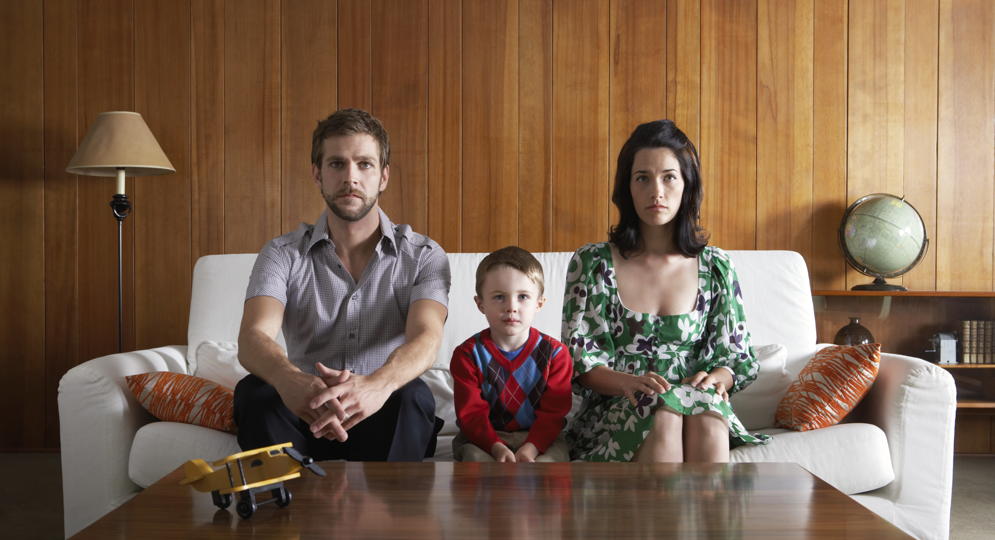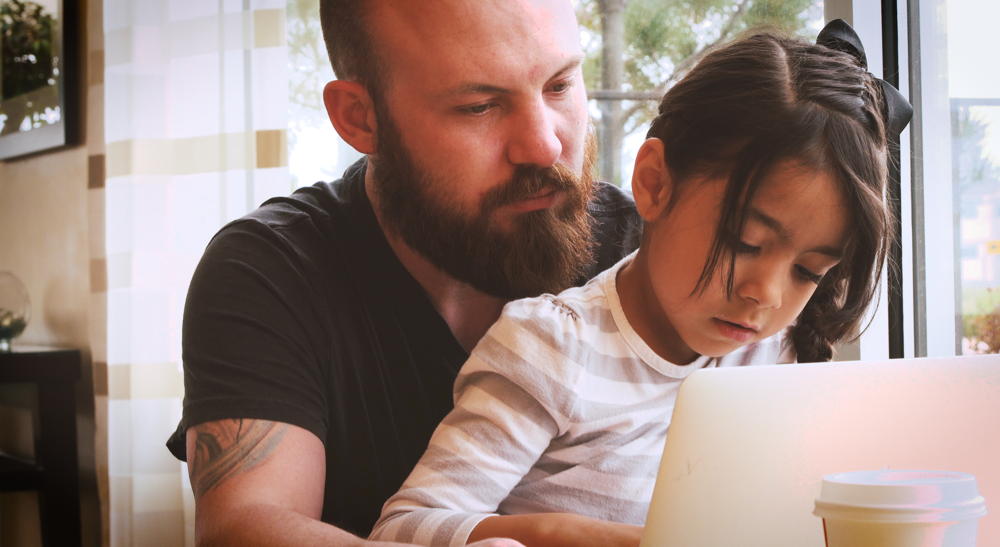Expert Help for OCD
Take Your Life Back from OCD
Offering expert treatment for all types of OCD, including unwanted obsessional thoughts. Our OCD treatment program is typically 10 weeks. We offer twice-weekly sessions, groups, and intensive programs. Intensive program can be in person or online. Low cost options available. Contact us...
Behavioral Wellness Clinic
392 Merrow Rd, Suite E,
Tolland, CT 06084
Office: (860) 830-7838
OCDTYPES
Obsessive-compulsive disorder comes in many forms
Getting Help for Your Child’s OCD When Parents are Divorced
Conflict between parents can harm the healing process. Working together is the key to success.
Obsessive-compulsive disorder (OCD) is a brain-based anxiety-related condition that causes considerable suffering and impairment.
- Both parents need to be on the same page in your child’s treatment
- Don’t play the blame game and put your child in the middle
- Keep communication with your co-parent clear and simple
- Sit down with your child together and explain to them that they have OCD
- Keep daily routines consistent in both homes

Obsessive-compulsive disorder (OCD) is a serious condition that can affect people of any age, including children. When your child has OCD, it affects the whole family. Relationships with parents, siblings, and daily routines are often disrupted. This is all made more complicated when parents are divorced or separated, and the child with OCD goes back and forth between homes, particularly in high-conflict situations. In these situations, it’s important to learn how to set your adult feelings aside and focus on your child.
Here are 7 things you and your co-parent can do to help support your child in getting well and staying well after being treated for OCD.

1. You both need to be on the same page when it comes to your child’s treatment.
Exposure and Response/Ritual Prevention (ERP) is the gold-standard treatment for OCD, and this is the treatment your child should receive first. Medication should be a secondary option, especially in young developing children.
ERP is hard work and requires the involvement of caregivers. Both parents need to be involved and kept in the loop regarding ERP homework, OCD symptoms and compulsions, and how to handle when your child is in distress and stuck doing rituals. The response and support in these situations need to be consistent in both homes.
2. Don’t play the blame game and put your child in the middle.
OCD is caused by a mix of genetic predisposition and environmental factors.
This is not the fault of your child or your co-parent. Don’t use the child’s condition to inflict emotional harm on the other parent. OCD should never be used as a weapon. Your child needs love and support from both parents.
3. Give your co-parent the benefit of the doubt. They want your child to get better as much as you do.
The other parent will be willing to put the time and work into helping your child, too. It is natural to worry about your child, especially when they are not well. You need to trust that your ex will have the best interest of the child in mind and follow the treatment plan.

4. Remember that people recover from OCD at different rates.
If your child is taking longer to recover then you think they should, this is not anyone’s fault. Ask the child’s therapist what you can do to help your child get better faster. (Don't ask the therapist what your ex should do!)
Remind your child that you love them and will support them through their treatment no matter what.
5. Keep communication with your co-parent clear and simple.
Make sure you communicate with each other about therapist and doctor appointments, attend them together, and are willing to hear your co-parent when they offer suggestions for treatment and therapists.
By keeping both parents involved in treatment and on the same page, you are giving your child the best chance to overcome their OCD. Do not turn your child’s appointments into opportunities to attack the other parent.
6. Sit down with your child together and explain to them that they have OCD.
Your child should know that they have OCD.
They should be told what their treatment plan will be, that they need support from both parents, and that they will have love and support from the whole family throughout their treatment.

7. Keep daily routines consistent in both homes.
Children thrive on routine and predictability. Keeping bedtime, wake up times, and mealtimes consistent for your children in both homes can be very beneficial for your child.
It's not easy.
When someone in the home has OCD, it is stressful for everyone. People are often not their best selves when they are stressed. It is natural to feel angry about your child’s condition. It is natural to want to assign blame, but conflict between parents will only make the child’s condition worse.
When you are co-parenting a child with OCD, make sure that the therapist knows how to treat OCD and also has experience working with couples and families. It would be important to request someone with expertise in both OCD and family therapy. If you are not able to engage in conflict-free co-parenting, consider separate family therapy with your ex to enable both of you to work together for the sake of your child to be better co-parents.

